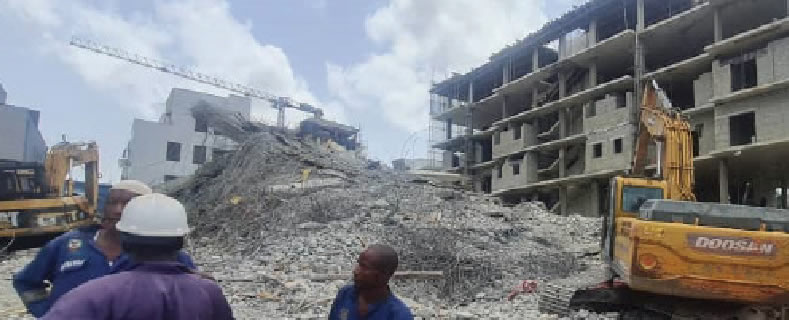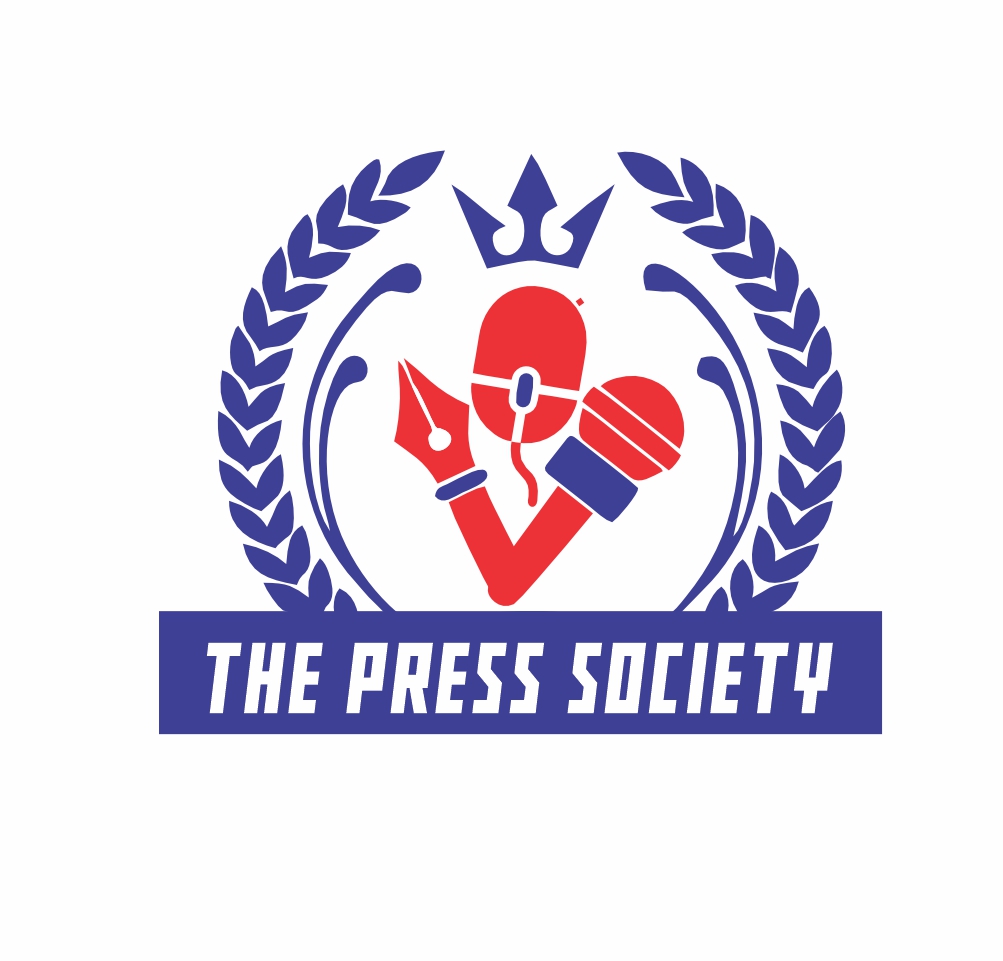 Prominent human rights activist and author, Dele Farotimi, has vowed to remain resolute despite facing multiple legal battles over allegations of defamation. The charges are linked to claims that he criminally defamed Senior Advocate of Nigeria (SAN) Afe Babalola in his book, Nigeria and Its Criminal Justice System.
Prominent human rights activist and author, Dele Farotimi, has vowed to remain resolute despite facing multiple legal battles over allegations of defamation. The charges are linked to claims that he criminally defamed Senior Advocate of Nigeria (SAN) Afe Babalola in his book, Nigeria and Its Criminal Justice System.
Farotimi, who was released from a correctional facility in Ekiti State on December 24 after fulfilling his ₦50 million bail conditions, is contending with a 14-count charge, including criminal defamation. He has pleaded not guilty to all charges.
In a related case, the Inspector-General of Police has filed a 12-count cybercrime charge against Farotimi in the Federal High Court in Ekiti. Bail for this case was granted on December 9, requiring one surety.
The activist is accused of defaming Babalola through statements and claims made in his book, which critiques Nigeria’s criminal justice system.
Taking to social media on Thursday, Farotimi shared a defiant message with his followers on X (formerly Twitter), stating, “I face no fear and I have none.” This cryptic yet bold declaration underscores his resilience as he continues to challenge the charges against him.
 Farotimi has built a reputation as an outspoken advocate against systemic injustices in Nigeria. Despite his current legal challenges, he remains steadfast in his mission to call out what he perceives as flaws within the country’s judicial and governance structures.
Farotimi has built a reputation as an outspoken advocate against systemic injustices in Nigeria. Despite his current legal challenges, he remains steadfast in his mission to call out what he perceives as flaws within the country’s judicial and governance structures.
Farotimi, an author and lawyer, has long been a vocal critic of Nigeria’s judicial system, often highlighting its inconsistencies and biases. His book, which sparked the current allegations, examines systemic issues within the criminal justice framework.
The activist’s legal troubles have drawn significant public attention, with many rallying behind him as a symbol of resilience in the face of oppression.
Farotimi’s ongoing trials have sparked debate about the intersection of free speech, defamation, and the legal limits of public criticism. Supporters have lauded his courage to challenge powerful figures, while critics argue that allegations of defamation warrant thorough legal examination.
As Farotimi navigates these legal hurdles, his case highlights broader conversations about freedom of expression, accountability, and the role of activists in challenging entrenched systems. His resilience in the face of adversity serves as a reminder of the personal costs often associated with advocating for systemic change in Nigeria.
The trials are ongoing, and observers are keenly watching how the courts handle the charges against one of Nigeria’s most outspoken human rights advocates.





